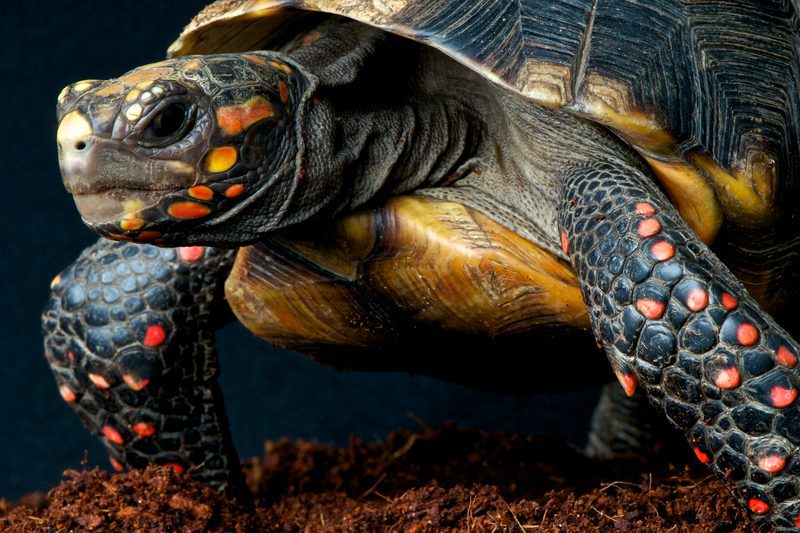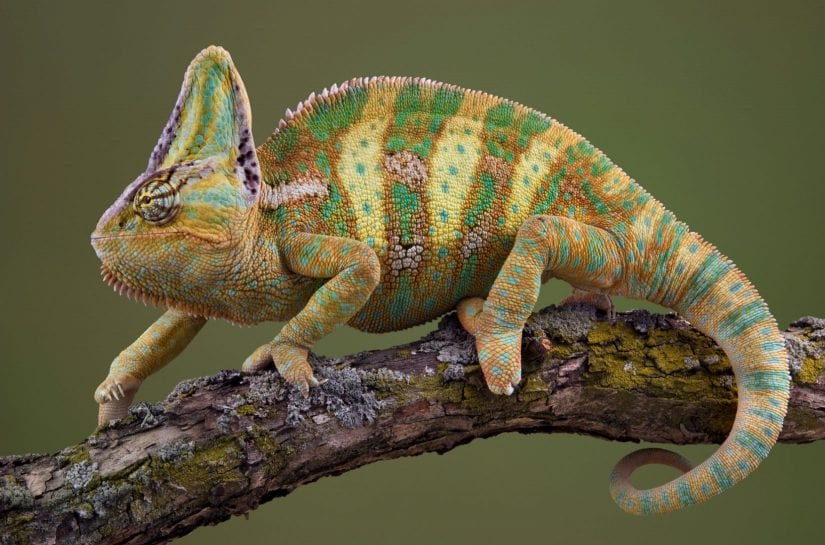The BC SPCA is very concerned about the welfare of exotic animals in captivity. We support legislative and policy changes at the municipal, provincial, federal and even global level to protect these animals from the harms of trafficking and trade.
Provincial legislation
B.C. has some of the most restrictive legislation and regulations in the country on the private keeping of exotic animals. These changes came about after high-profile human injuries and death.
The B.C. Wildlife Act’s Controlled Alien Species (CAS) Regulation controls the possession, breeding, shipping and releasing of certain exotic animals (wild animals not native to B.C.). As the provincial government has the responsibility of ensuring public safety, the exotic animals listed in the regulation reflect only those who pose a serious risk to human health or safety.
Those exotic animals on the CAS list living in B.C. before 2009 may have been allowed to stay in the province under specific permit conditions, but no new animals could be imported or bred after the new law was enacted. Accredited zoos, research institutions, film companies and rescue centres must be permitted to keep any CAS.

What species are illegal to keep as pets in B.C.?
Exotic animals such as tigers, lions, monkeys, marmosets, fennec foxes, caimans, cobras, poison arrow dart frogs and many others are illegal to own as pets in B.C.
A searchable list of the more than 1,000 species of exotic animals designated as Controlled Alien Species that are prohibited or restricted by the province is available.
Other exotic animals like axolotls and tree frogs are not considered CAS, but are designated as wildlife under the B.C. Wildlife Act. Ownership of these animals is restricted, meaning they cannot be kept, sold, bred, trafficked or transported without a permit. Generally speaking, permits to keep wildlife are not granted to individuals to have them as pets, but rather to organizations for rehabilitation or research purposes.

Municipal bylaws
Roadside attractions with kangaroos, zebras and other non-prohibited exotics are unfortunately still legal in B.C.
Pets like servals (a wild cat native to Africa), iguanas and parrots continue to suffer in captivity because they were not included in the provincial regulations. Municipal bylaws can be effective at preventing additional exotic animals from being kept as pets or used in entertainment.
As trends in exotic pet ownership change, every year new species of exotic animals are legally brought into the province, sold, bred and sometimes displayed publically in communities. To ensure municipalities are safeguarded and animal welfare is protected, we recommend the use of a “positive list” of animals who can be kept as pets over a list of prohibited species which needs to be regularly amended (sometimes referred to as a “negative list”).

How does a positive list help exotic animals?
There are a number of benefits to positive lists, including:
- Positive lists are able to keep up with a constantly changing industry. As different exotic animals fade in and out of popularity, negative lists have difficulty keeping pace with these changes and require constant review and updating. Positive lists, on the other hand, do not have to be amended every time a new exotic animal enters the trade.
- Positive lists are easier to understand and enforce. By necessity, negative lists are longer and more complicated than positive lists and, as such, can be difficult for enforcement personnel to interpret. For example, when a new species is added to a negative list, existing members of that species are usually grandfathered — meaning they are allowed to stay but cannot be replaced or bred. As many species of exotic animals such as reptiles appear similar to one another, enforcement personnel may have trouble identifying these species, let alone the individual animals who have been grandfathered.
- Positive lists protect animal welfare and human health and safety by shifting the burden of proof. Whenever someone wants to add a new exotic animal to a positive list, they have to prove that the species satisfies whatever criteria are in place for inclusion — basically, that the animal makes a suitable pet. With negative lists, however, species are often only prohibited once there is a problem such as a threat to public health or safety, an inability of shelters to accommodate the species or a lack of readily available, scientific husbandry and housing information.

What can you do to help exotic animals?
There are a number of reasons why exotic animals are not suitable as pets. Read our positions on exotic pets and wild and exotic animals in zoos and aquariums.
The BC SPCA will continue to advocate for stricter exotic animal protections at the municipal government level by means of our model animal bylaws. These can be used by B.C. municipalities and regional districts to update their animal care and control bylaws, including provisions related to the ownership, sale and exhibition of exotic animals.
Contact your local government to ask them to enact a new or amend an existing exotic animal bylaw that incorporates a positive list. For guidance, you can also download our Model Animal Responsibility Bylaws document (PDF).

